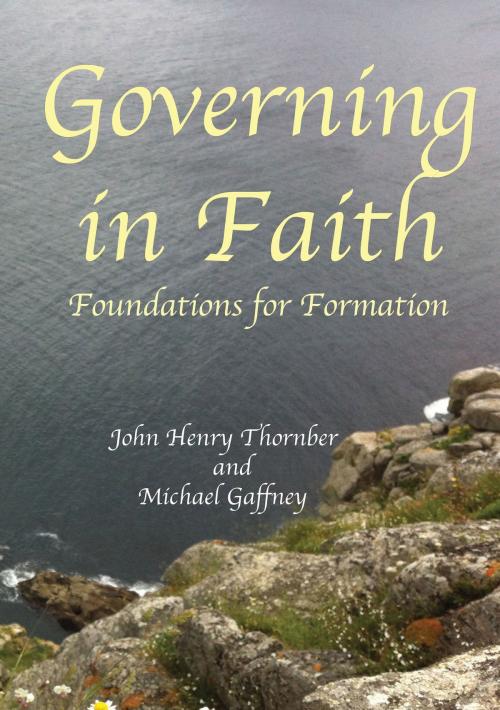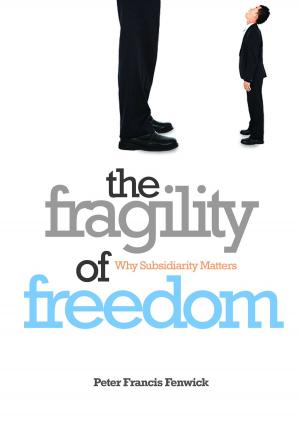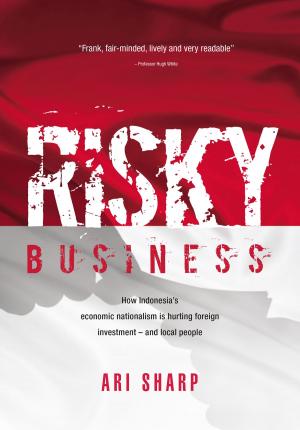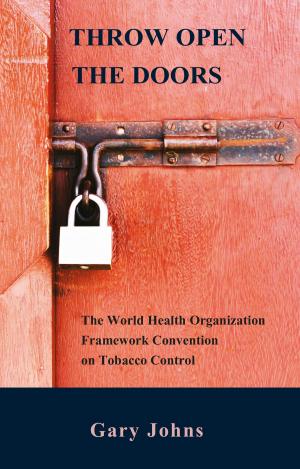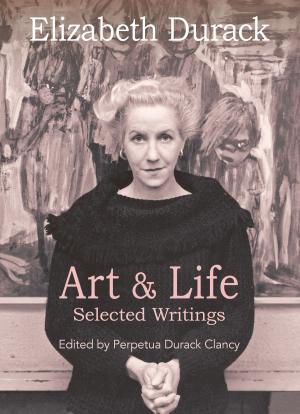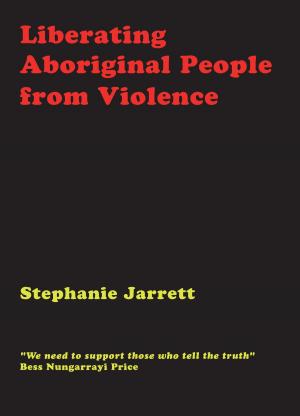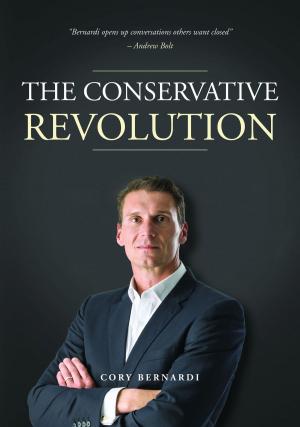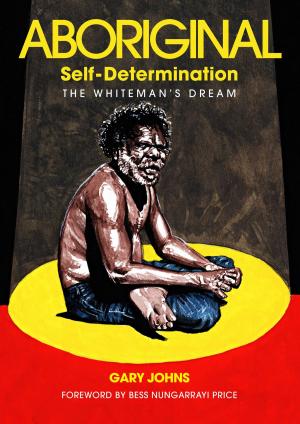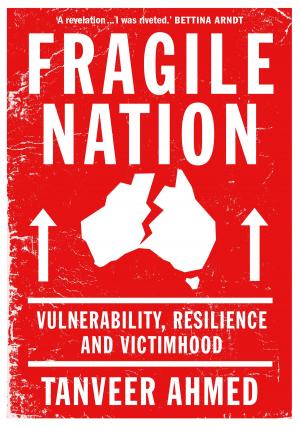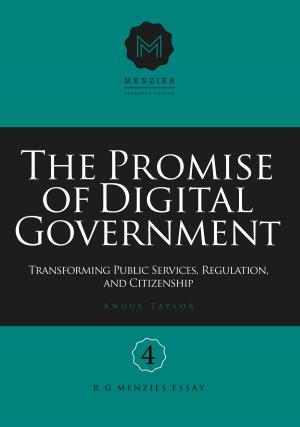Governing in Faith
Foundations for Formation
Nonfiction, Religion & Spirituality, Christianity, Education, Denominations, Catholic, Catholicism, Church| Author: | John Henry Thornber, Michael Gaffney | ISBN: | 9781925138375 |
| Publisher: | Connor Court Publishing | Publication: | November 5, 2014 |
| Imprint: | Language: | English |
| Author: | John Henry Thornber, Michael Gaffney |
| ISBN: | 9781925138375 |
| Publisher: | Connor Court Publishing |
| Publication: | November 5, 2014 |
| Imprint: | |
| Language: | English |
"Recent years have seen significant changes in the various institutions sponsored and operated by the Catholic Church. Probably one of the most important of these is the fact that the governance of these institutions works of education, health care, aged care, and social services is now in the hands of lay persons, rather than being directed by clergy or religious. This change has led to remarkable progress is many ways. Nevertheless, there remains the question of the preparation being given to those who now find themselves in a governance position for a work operating on behalf of the Church. This book examines the types of preparation that would be necessary for those who assume such tasks. There is no question of their competence in the field of administration and personnel management. But, when it comes to issues of “Catholic identity” and related questions, people might be expecting from them decisions for which they were never duly prepared. This joint work, arising out of significant doctoral studies, lays the foundation for formation of those who are assuming leadership positions in Church-related institutions. Given my own work in this area, I can hardly wait to be able to put this book in the hands of those who are eagerly awaiting guidance in arranging for future leaders to acquire the appropriate doctrinal and ecclesial formation to accompany them in their difficult mission." Francis G. MORRISEY, OMI, Faculty of Canon Law, Saint Paul University, Ottawa, Canada About the Author: John Henry Thornber is a member of the Congregation of Christian Brothers, a Religious Institute of the Catholic Church. He has been an educator for some 40 years as a teacher in primary and secondary schools, subject coordinator, sports master, year coordinator, principal and diocesan school office consultant. Over recent years, he has been involved in governance developments for the Congregation in New South Wales, and on the National Planning Committee for Schools Governance for the future governance of Christian Brothers’ schools in Australia. John Henry has a PhD from the Australian Catholic University on the topic of formation needs for ‘canonical governors’, i.e. individuals responsible for leading ministries in ways that are faithful to their mission in light of Church law. Michael Gaffney is a lay person with over thirty years’ experience in education as a teacher, school and school system executive member, and university academic. He is Professor of Education at the University of Canberra, and formerly Professor of Educational Leadership at the Australian Catholic University. Mike works as a researcher and consultant to Australian governments and school systems in areas of educational leadership, policy and governance. He has worked extensively as a policy advisor and decision maker engaged at the interface of school, parish, diocese and government in promoting the mission of Catholic education in both secular and sacred contexts.
"Recent years have seen significant changes in the various institutions sponsored and operated by the Catholic Church. Probably one of the most important of these is the fact that the governance of these institutions works of education, health care, aged care, and social services is now in the hands of lay persons, rather than being directed by clergy or religious. This change has led to remarkable progress is many ways. Nevertheless, there remains the question of the preparation being given to those who now find themselves in a governance position for a work operating on behalf of the Church. This book examines the types of preparation that would be necessary for those who assume such tasks. There is no question of their competence in the field of administration and personnel management. But, when it comes to issues of “Catholic identity” and related questions, people might be expecting from them decisions for which they were never duly prepared. This joint work, arising out of significant doctoral studies, lays the foundation for formation of those who are assuming leadership positions in Church-related institutions. Given my own work in this area, I can hardly wait to be able to put this book in the hands of those who are eagerly awaiting guidance in arranging for future leaders to acquire the appropriate doctrinal and ecclesial formation to accompany them in their difficult mission." Francis G. MORRISEY, OMI, Faculty of Canon Law, Saint Paul University, Ottawa, Canada About the Author: John Henry Thornber is a member of the Congregation of Christian Brothers, a Religious Institute of the Catholic Church. He has been an educator for some 40 years as a teacher in primary and secondary schools, subject coordinator, sports master, year coordinator, principal and diocesan school office consultant. Over recent years, he has been involved in governance developments for the Congregation in New South Wales, and on the National Planning Committee for Schools Governance for the future governance of Christian Brothers’ schools in Australia. John Henry has a PhD from the Australian Catholic University on the topic of formation needs for ‘canonical governors’, i.e. individuals responsible for leading ministries in ways that are faithful to their mission in light of Church law. Michael Gaffney is a lay person with over thirty years’ experience in education as a teacher, school and school system executive member, and university academic. He is Professor of Education at the University of Canberra, and formerly Professor of Educational Leadership at the Australian Catholic University. Mike works as a researcher and consultant to Australian governments and school systems in areas of educational leadership, policy and governance. He has worked extensively as a policy advisor and decision maker engaged at the interface of school, parish, diocese and government in promoting the mission of Catholic education in both secular and sacred contexts.
